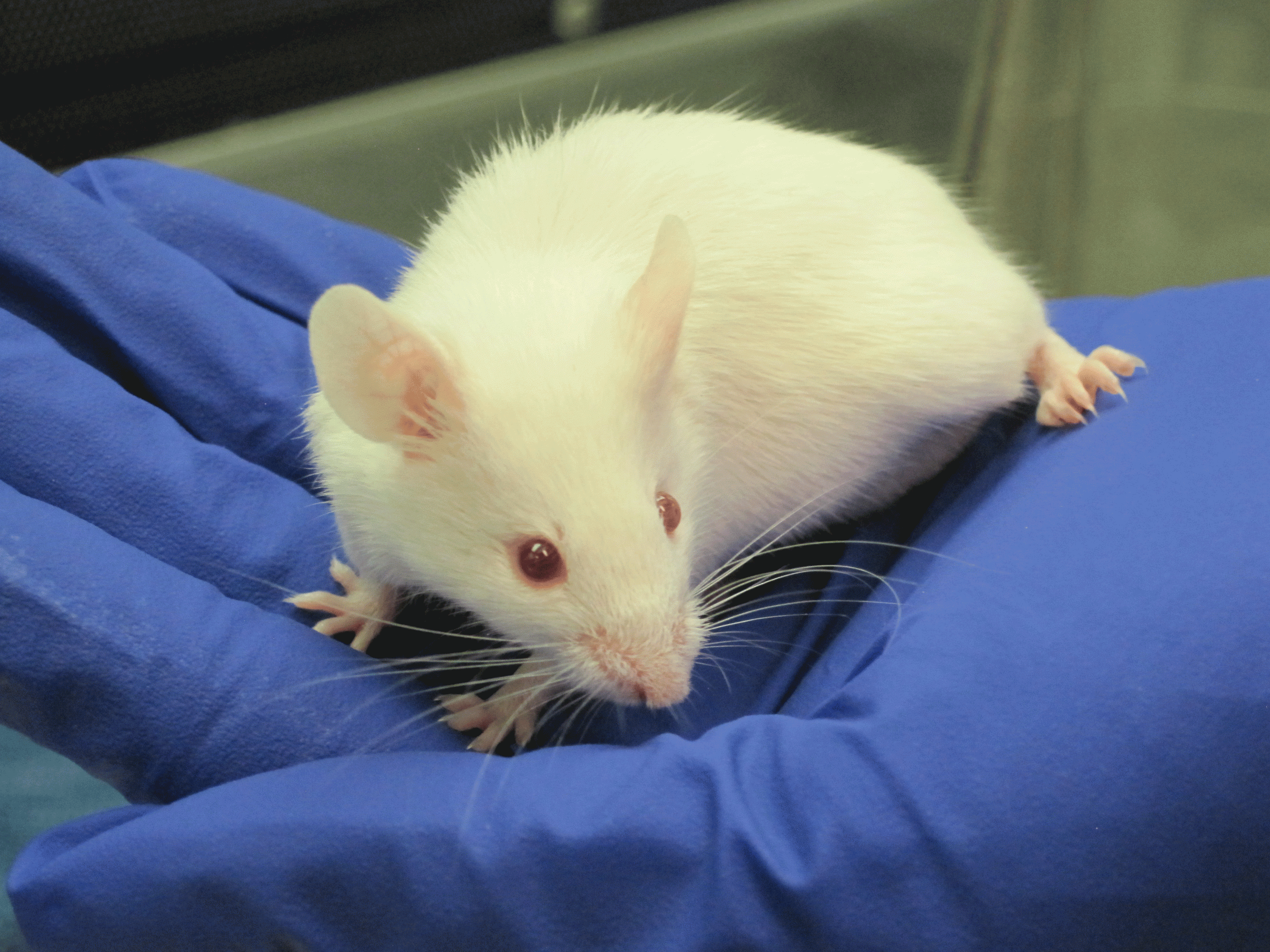Research Mice 'Liberated' From Italian Lab By Activists Now Housed In Inhumane Conditions

On April 20, animal rights activists broke into Italian research labs at the University of Milan that studied cancer and various generic diseases with the aim of improving human health. They not only took research animals out of temperature- and infection-controlled environments, but also mixed up cards on animal cages. But a recent photograph posted on Facebook has shown the deplorable conditions that these "rescued" animals are living in while on the lam.
Research mice are often kept in temperature- and climate-controlled rooms in clean facilities that prevent them from being infected with any harmful viruses, bacteria, or fungi. Usually, facilities are so clean that even mice without immune systems do not become ill and can live a full lifespan.
Many of the mice that were taken do not have immune systems, others are engineered to develop cancer, and some were taken in the midst of experiments and could carry possible infections. Regardless, the photograph clearly shows mice kept in a bathroom, one of the most unsanitary places in a home. What's more, the mice were most likely exposed to untreated tap water and possible insects and mites inherent in most homes, as well as to the very deadly and highly contagious mouse hepatitis virus (MHV), which kills mice easily. Many of the mice were used in studies of Alzheimer's, Parkinson's, autism, and multiple sclerosis.
The photograph also shows that the mice were in crowded conditions in their plastic housing. Labs around the world are restricted to a limit of five adult mice in the same cage; the photograph apparently shows far more cohabitating. Behaviorally, if adult male mice are placed together from different cages, they will fight, violently, for dominance, often maiming and killing each other. Additionally, mice need an exact 12-hour circadian rhythm; if there is light in the middle of the night, then the mice can get extremely stressed and agitated, which is not good for their health.
"If these photos show the actual conditions of the stolen mice, we're seriously concerned about their well-being and health: we don't think that these animals are faring better now than when they were in the laboratory," said Daria Giovannoni, president of the pro-science lobby group Pro-Test Italia, in an interview with Nature.
Italian scientists have started an organization, Pro-Test, to combat these rights activists, showing the benefits and safety of animal testing. Laboratory animals typically have veterinarians on staff 24/7, and any procedures done on them need to be approved by an ethics board. Animal testing is the only way to recapitulate many complex human diseases, from multiple sclerosis to various cancers. Testing animals has brought not some but the vast majority of the drugs currently on the market to patients.
Jooleea Carleenee, the activist that posted the photographs on Facebook, has sent a message to the journal Nature indicating that the mice were only in these conditions for a short period after they were taken. But there was no word on what conditions the mice are currently being housed in nor their health status.



























